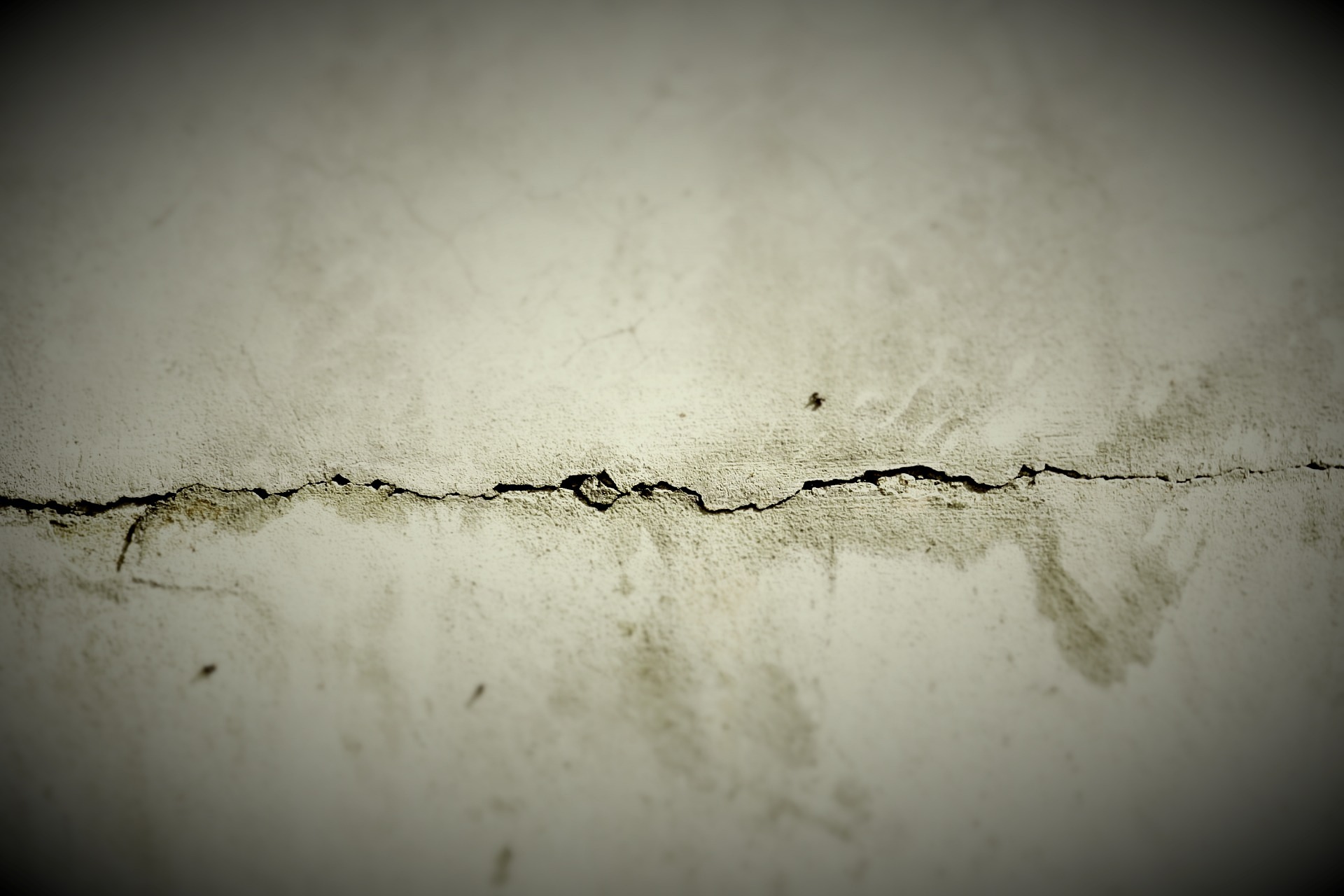Pool Repair: Practical Guidance for Homeowners
A well-maintained pool adds value and enjoyment to a home, but wear and unexpected issues are inevitable. This article explains common pool repair needs for residential pools, from surface cracks and leaks to pumps and backyard-related problems. It aims to help homeowners understand typical repairs, how they’re diagnosed, and when to call local services so you can make informed choices about maintaining a safe, usable swimming pool.

What does pool repair cover for a residential pool?
Pool repair for a residential property typically includes fixing leaks, repairing cracks in plaster or fiberglass, replacing tiles and coping, and addressing equipment failures. Routine repair work may also involve replacing gaskets, valves, and light fixtures. Many repairs begin with a visual inspection and water-loss test to pinpoint the problem. Proper diagnosis matters because surface discoloration or low water levels can stem from either cosmetic wear or more serious structural issues that affect long-term integrity.
How are swimming pool surfaces and structures repaired?
Surface and structural repairs vary by pool type. For concrete/gunite pools, common repairs are plaster patching, crack injection, and retiling. Fiberglass pools often require gelcoat repairs and bonding for blisters or stress fractures. Vinyl liners are usually replaced when punctured or excessively aged. Surface repairs should restore watertight integrity and appearance; professionals use appropriate materials and curing processes. DIY fixes can work for small cosmetic issues, but structural cracks, foundation settlement, or widespread delamination usually need a trained technician to ensure safety and durability.
What backyard issues affect pool repairs?
Backyard conditions can directly influence the frequency and type of pool repairs. Tree roots can shift pool shells, causing cracks or plumbing damage; heavy irrigation or poor grading can saturate soil and undermine pool foundations. Debris from landscaping accelerates wear on filters and pumps, and nearby construction or vehicle traffic can introduce vibrations that stress pool materials. When planning repairs, assess surrounding drainage and vegetation. Addressing yard-related causes often prevents repeat failures and may be part of a comprehensive repair plan recommended by technicians.
How are home pool systems repaired or replaced?
Mechanical systems—pumps, filters, heaters, salt systems, and automation controls—are central to pool function and commonly require repair or replacement. Problems often present as reduced circulation, cloudy water, or unusual noises. Technicians typically test flow rates, inspect electrical connections, and evaluate filter media before recommending repairs. Routine maintenance like replacing worn seals, cleaning cartridge filters, or balancing chemical automation can extend equipment life. When systems are obsolete or repeatedly fail, partial or full replacement may be more cost-effective than ongoing repairs.
When should you hire local services for pool repairs?
Hire licensed local services when repairs involve structural integrity, major plumbing, gas-fired or electrical equipment, or when you cannot confidently identify the source of a leak. Certified professionals have equipment for leak detection, pressure testing, and structural assessment. For smaller, clearly defined tasks—regrouting a few tiles or patching a minor vinyl tear—experienced homeowners may perform repairs if they follow manufacturer guidelines. Verify credentials, ask about warranties on workmanship and materials, and confirm that the service is familiar with pools like yours to ensure safe, code-compliant repairs.
Conclusion
Regular inspection and timely repairs keep a residential pool functioning safely and looking its best. Understanding the types of repairs—surface, structural, backyard-related, and mechanical—helps homeowners prioritize issues and communicate effectively with technicians. Addressing root causes in the yard or system prevents recurring problems, while professional assessment is important for leaks, major equipment faults, or structural concerns. With informed decisions and appropriate maintenance, a swimming pool can remain a reliable feature of your home and backyard for years to come.






